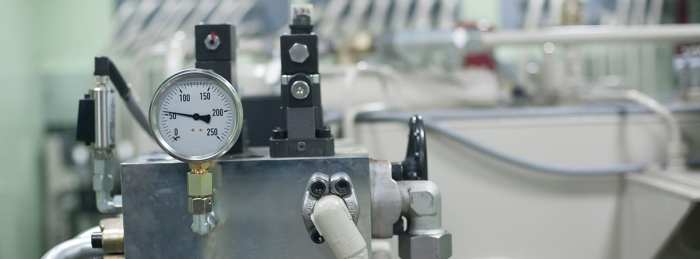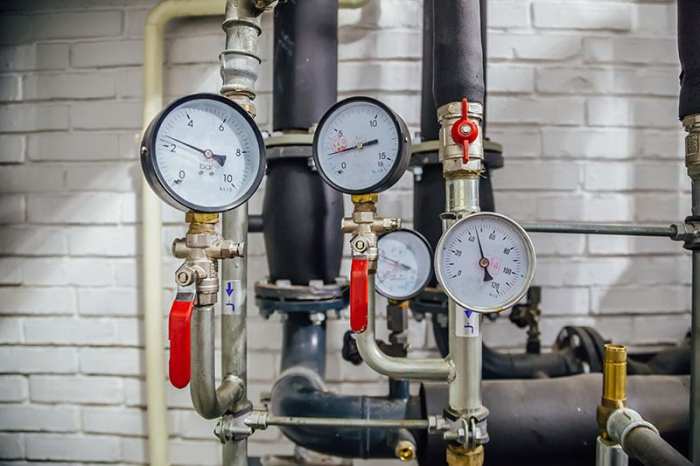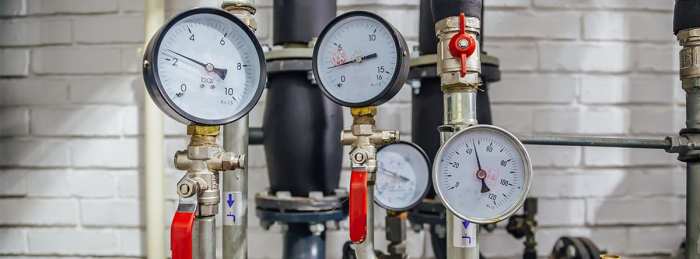Embark on an educational journey with the MN Special Boilers License Practice Test, an indispensable resource for aspiring boiler operators seeking to excel in their field. This comprehensive guide delves into the intricacies of boiler operation, safety, troubleshooting, and efficiency, empowering you with the knowledge and skills to navigate the complexities of boiler systems.
Through engaging discussions, practical insights, and a wealth of practice questions, this guide equips you with the confidence to tackle the Minnesota Special Boilers License Examination with ease. Prepare to elevate your boiler expertise and unlock new career opportunities with the MN Special Boilers License Practice Test.
Boiler License Examination Overview
The Minnesota Special Boilers License Practice Test is designed to help individuals prepare for the Minnesota Special Boilers License Exam. The exam covers a wide range of topics related to boiler operation, maintenance, and safety.
The exam is divided into four sections:
- Boiler Operation
- Boiler Maintenance
- Boiler Safety
- Boiler Troubleshooting
Each section contains a number of multiple-choice questions. To pass the exam, candidates must answer at least 70% of the questions correctly.
Tips for Preparing for the Exam
- Study the Minnesota Special Boilers License Exam Study Guide.
- Take the Minnesota Special Boilers License Practice Test.
- Review your notes and practice answering questions.
- Get a good night’s sleep before the exam.
- Arrive at the exam on time.
Boiler Operation and Maintenance

Boilers are used to generate steam for a variety of purposes, including heating buildings, generating electricity, and powering industrial processes.
Principles of Boiler Operation
Boilers operate on the principle of heat transfer. Fuel is burned in a combustion chamber, and the heat from the combustion is transferred to water in a boiler drum. The water is heated to the boiling point, and the steam that is produced is used to power the boiler’s engine or turbine.
Types of Boilers
There are many different types of boilers, each with its own advantages and disadvantages.
- Fire-tube boilers
- Water-tube boilers
- Packaged boilers
- Industrial boilers
Maintenance Procedures for Boilers
Regular maintenance is essential to ensure that boilers operate safely and efficiently.
- Inspect the boiler regularly for any signs of damage or wear.
- Clean the boiler regularly to remove any soot or scale buildup.
- Test the boiler’s safety devices regularly to ensure that they are working properly.
Boiler Safety

Boilers can be dangerous if they are not operated and maintained properly.
Safety Regulations for Boilers
There are a number of safety regulations that apply to boilers.
- The Minnesota Boiler Safety Act
- The ASME Boiler and Pressure Vessel Code
- The National Fire Protection Association (NFPA) Code 85
Potential Hazards Associated with Boilers
The potential hazards associated with boilers include:
- Boiler explosions
- Boiler fires
- Boiler leaks
- Boiler scalding
Procedures for Preventing Boiler Accidents
There are a number of procedures that can be followed to prevent boiler accidents.
- Operate the boiler in accordance with the manufacturer’s instructions.
- Maintain the boiler regularly.
- Train employees on the safe operation of the boiler.
- Have the boiler inspected by a qualified inspector regularly.
Boiler Troubleshooting

Boilers can sometimes experience problems. If a boiler is not operating properly, it is important to troubleshoot the problem and make repairs as necessary.
Common Problems that Can Occur with Boilers
The common problems that can occur with boilers include:
- Boiler not producing enough steam
- Boiler leaking water or steam
- Boiler overheating
- Boiler making noise
Procedures for Troubleshooting Boiler Problems
The procedures for troubleshooting boiler problems include:
- Inspect the boiler for any signs of damage or wear.
- Check the boiler’s water level.
- Check the boiler’s fuel supply.
- Check the boiler’s safety devices.
Tips for Resolving Boiler Problems
The tips for resolving boiler problems include:
- Follow the manufacturer’s instructions for troubleshooting and repairing the boiler.
- Contact a qualified boiler technician if you are unable to resolve the problem yourself.
Boiler Efficiency: Mn Special Boilers License Practice Test
Boiler efficiency is a measure of how efficiently a boiler converts fuel into steam.
Factors that Affect Boiler Efficiency
The factors that affect boiler efficiency include:
- Boiler design
- Boiler operation
- Boiler maintenance
Methods for Improving Boiler Efficiency, Mn special boilers license practice test
The methods for improving boiler efficiency include:
- Installing a more efficient boiler
- Operating the boiler at its optimal efficiency
- Maintaining the boiler regularly
Tips for Optimizing Boiler Performance
The tips for optimizing boiler performance include:
- Monitor the boiler’s performance regularly.
- Make adjustments to the boiler’s operation as necessary.
- Perform regular maintenance on the boiler.
Quick FAQs
What is the purpose of the MN Special Boilers License Practice Test?
The MN Special Boilers License Practice Test is designed to help individuals prepare for and pass the Minnesota Special Boilers License Examination.
What topics are covered in the practice test?
The practice test covers a wide range of topics related to boiler operation, maintenance, safety, troubleshooting, and efficiency.
How can I use the practice test to prepare for the exam?
By taking the practice test multiple times and reviewing your results, you can identify areas where you need additional study and improve your overall understanding of the material.